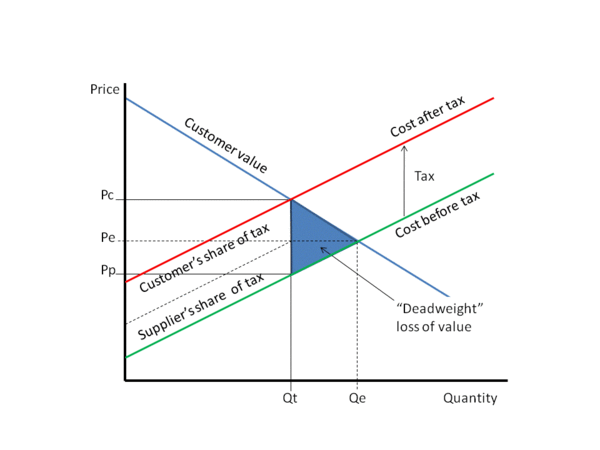Democrats Propose Tax Hike on Wealthy, Corporations

House Democrats are proposing new tax hikes on corporations, wealthy business owners, and investors, which some argue could cause a contraction in our economy.
Democrats want to raise corporate taxes from 21% to 26.5%, and push a 3% surtax on individuals making more than $5 million dollars along with raising capital gains tax, according to the Wall Street Journal.
These tax hikes come from the desire to expand new government-run projects concerning renewable energy tax break increases, Medicare expansion, and the creation of a national paid leave.
Some congressmen believe that if passed, these hikes will hurt our economy, as companies will have less operating cash on hand to use towards reinvestment, employees, and expenses, causing prices to increase for consumers.
Peter Gunn, Economics teacher, has a different opinion compared to congressmen who completely oppose these possible tax hikes.
“I think that it is generally a good thing to pay for new expenditures with new revenues,” Gunn said. “If we were in a recession, however, I think it would be a good idea to keep taxes the same.”
Gunn added, “Given that the economy is on an upswing right now, I think that using taxes for new expenditures is a good idea.”
House Democrats are proposing these hikes to make up for the money “lost” through the Coronavirus pandemic and previous tax cuts in 2017. deficits. Many congressmen agree that some sort of tax hike will be passed, but not to the degree that is currently being asked.
Those that are against the tax hikes fear consumer prices, along with inflation, will cause price spikes that will hurt much of the economy, taking as much as 5% off S&P 500 earnings, according to Reuters.
Despite this fear, Gunn believes that it is too soon to see whether or not the tax hikes will cause any sort of increase in consumer prices.
“I don’t think that there is a direct automatic correlation between taxes and inflation,” he said.
“For instance, if a business is paying more in taxes, they might try to pass that off with increased costs, but if a business now has to pay less to repair their trucks that transport their products from factories to stores because the taxes have improved the roads, the prices come down, so it’s hard to know if prices will increase,” he explained.
A Williston student who wishes to remain anonymous claims the opposite will happen between tax hikes and consumer prices. “Of course they will [rise,] and with the blowout spending from the pandemic, prices are going to soar higher on all common goods.”
Knowing that some sort of tax reform will come about, some fear their taxes will grow too high.
Looking into the future, Gunn added, “I’m not worried that taxes could grow too high, I’m worried that the debt and deficit have grown too high, because three years ago, in a fit of economic misjudgment, the Republicans decided that what you need to do with an economy that is growing is cut taxes.”
“The Republican party … re-drank the ‘Kool-Aid’ on the idea that if you cut taxes, the corresponding growth in the economy will be so great that it will pay for the tax revenues lost,” Gunn said. “That didn’t work in the 1980s, and it hasn’t worked over the last four years.”















